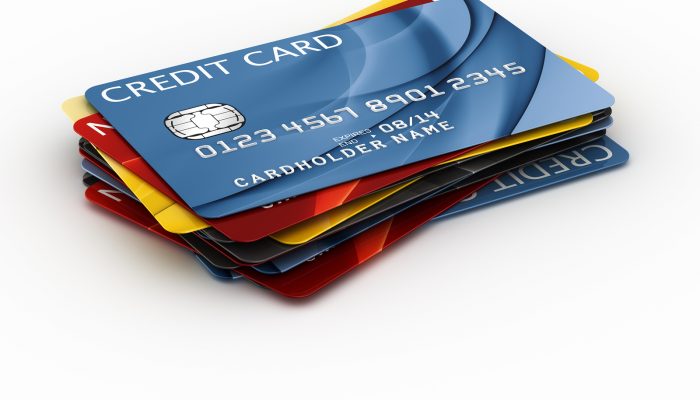Debt is a part of life for many veterans. In fact, veterans and service members typically have more debt than civilians. Managing debt can be tricky, but educating yourself and learning your options can help you succeed at paying off your post-service debt.
Remember that Credit Card Interest Rates are Standard Post-Service
While you were in service, you were protected from high credit card interest rates thanks to the Servicemembers Civil Relief Act. But when you leave active duty, standard credit card interest rates kick in.
If you were used to low rates, you can easily rack up more debt than you can handle post-service. Credit card rates are usually in the double-digit range, which means interest can add up quickly.
Ignoring or making late payments can put a serious dent in your credit score.
Make it a priority to stay on top of your credit card payments, and read the fine print to ensure that you understand the terms and conditions of your credit cards.
Your Credit Score Matters Now
Lenders may have overlooked your credit score when you were on active duty, but after you leave active duty, your score becomes important. Keep in mind that your score is an indiciation of how you handle your debts. Creditors want to see that you make payments on time and can manage your debt.
As a civilian, your credit score will be the biggest factor in you securing a loan and/or getting low interest rates.
Every year, you are entitled to a free credit report. While the report won’t tell you your score, it will give you an overview of your payment history and your debts.
The VA Can Help
If you’re having a difficult time managing all of your debt, consolidation may be an option, advises Crediful.com. With consolidation, you take out one big loan to cover all of your existing debt. This leaves you with one monthly payment and typically comes with a lower rate.
The VA offers a type of home refinancing that is often referrred to as a consolidation loan. This option may help you pay off your debt, but you will need to refinance your home. The process can be lengthy, as the VA will need to appraise your home and make sure that taking on additional debt won’t make your mortgage unaffordable.
Some Loans are Risky
When times are tough, riskier options may suddenly become more attractive, like payday loans and pawn shops. It’s not uncommon for military service members to take out these types of loans. In fact, a 2012 survey showed that 35% of military members use these services.
While you were on active duty, rates were capped at 36%, but now that you’re off active duty, you can be charged up to 500% interest with some of these risky loans.
These loans can be extremely difficult to pay off and are often designed to keep you in a revolving cycle of debt.
Before turning to these loans, try other options, like talking with your creditors or meeting with a credit counselor.
